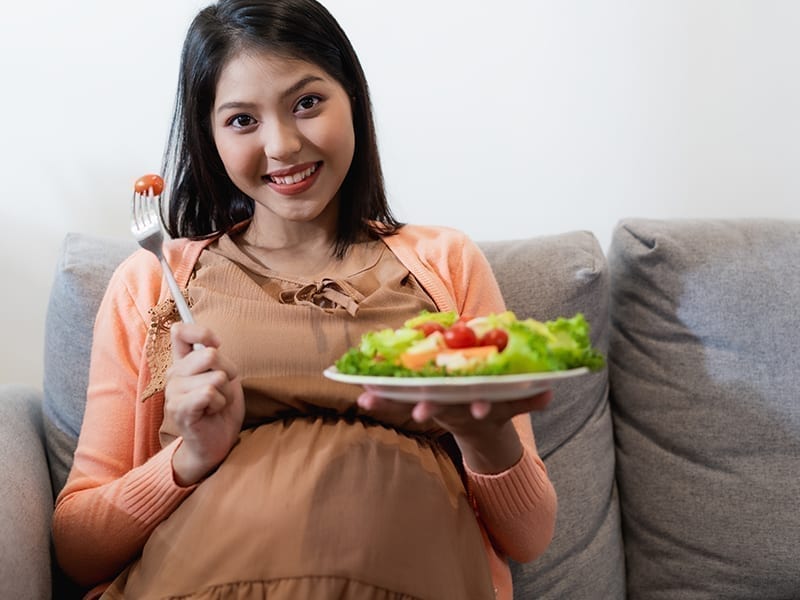Nothing compares to the feeling that you get when you first find out that you’re about to become a mom! However, this beautiful phase comes with its own set of issues and concerns. During pregnancy, your body undergoes several big changes and you need a nutritious and balanced pregnancy diet to stay healthy.
Your pregnancy food chart must offer the right balance of fats, carbs, minerals, vitamins and other important nutrients that are vital for your health as well as the growth and development of your baby.
During this period, your body requires more protein, iron, calcium and folic acid, among other things. You also need to consume about 400 to 500 extra calories daily during the 2nd and the 3rd trimesters.
12 Nutrient Rich Foods That You Must Include In Your Pregnancy Diet Chart
Wondering what counts as ‘healthy food’ for moms-to-be? Don’t worry. we’ve got you covered! Here are 12 healthy food items you may include in your pregnancy diet.
1. Lean Meat
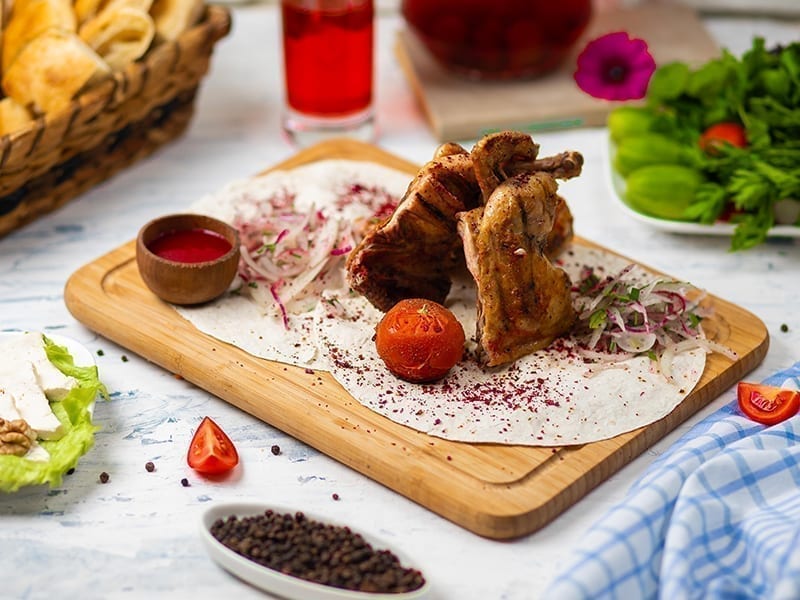
Lean meat is an excellent source of high-quality protein. Moreover, beef and pork are packed with other essential nutrients including iron, choline and B vitamins.
The protein and iron requirement of your body increases during pregnancy. Consuming enough protein will ensure healthy growth and muscle development of the fetus. Similarly, adequate iron intake also helps in the growth and development of the baby as well as brings down the risk of low birth weight and preterm delivery.
Another reason why Iron is important for expectant mothers is that it is required for the formation of red blood cells and helps prevent anaemia.
Unfortunately, a few women tend to develop an aversion to meat during pregnancy. However, if you have no qualms in eating non-vegetarian food, make sure to include lean meat in your pregnancy food chart.
2. Lentils & Beans
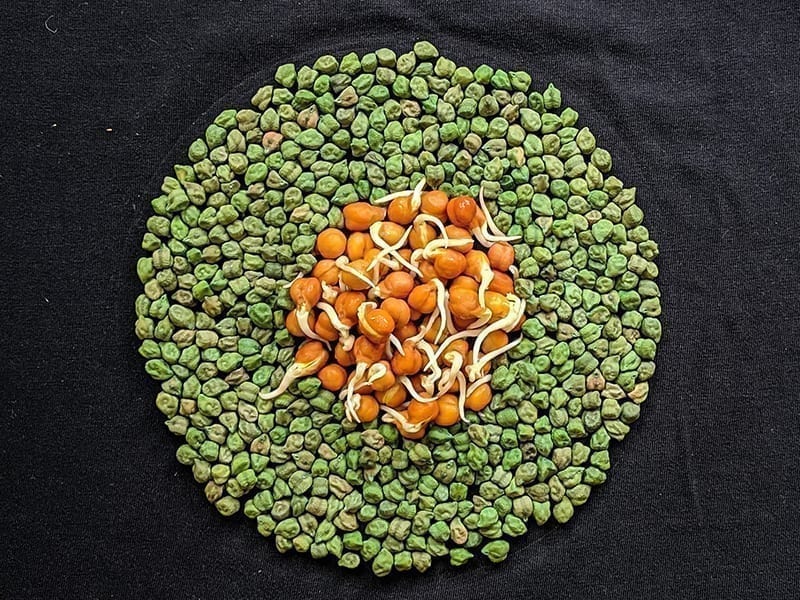
This option is especially great for future mums who do not prefer meat! Count on lentils and beans for providing you with sufficient amounts of essential nutrients such as protein, iron, fibre, calcium and folate.
Additionally, beans (especially baked beans) are a great source of zinc, which is linked to lower risk for low birth weight, preterm delivery and prolonged labour.
3. Eggs
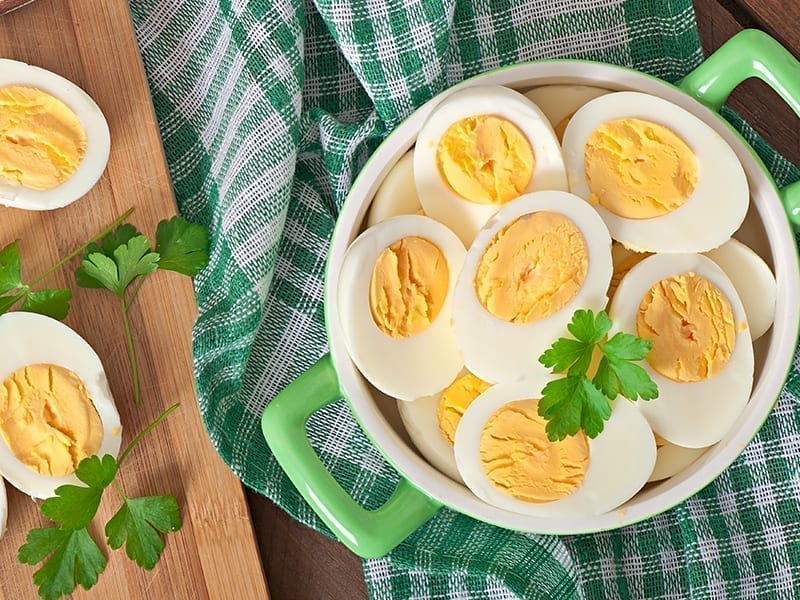
This extremely healthy pregnancy food contains almost every nutrient that you require during your pregnancy. It is packed with high-quality protein, minerals and vitamins.
Protein is required for the growth of the fetus as it aids in cell generation and repair. Eggs also contain choline, which is vital for the development of the nervous system and brain of your baby.
Make sure you include this ultimate health food in your pregnancy diet!
4. Sweet Potatoes

The main reason why moms-to-be must include sweet potatoes in their diet is because of its high beta-carotene content. Beta-carotene is a plant compound, which is converted into vitamin A inside the body and is vital for tissue and cell growth. It is very important for the development of the fetus.
Moreover, vitamin A aids in improving vision and boosting immunity.
Sweet potatoes also contain fibre that can be useful in improving digestive health and reducing blood sugar spike. Other important nutrients that make sweet potatoes a wholesome food for pregnant women include potassium, vitamin B6, iron, copper and vitamin C.
5. Orange Juice
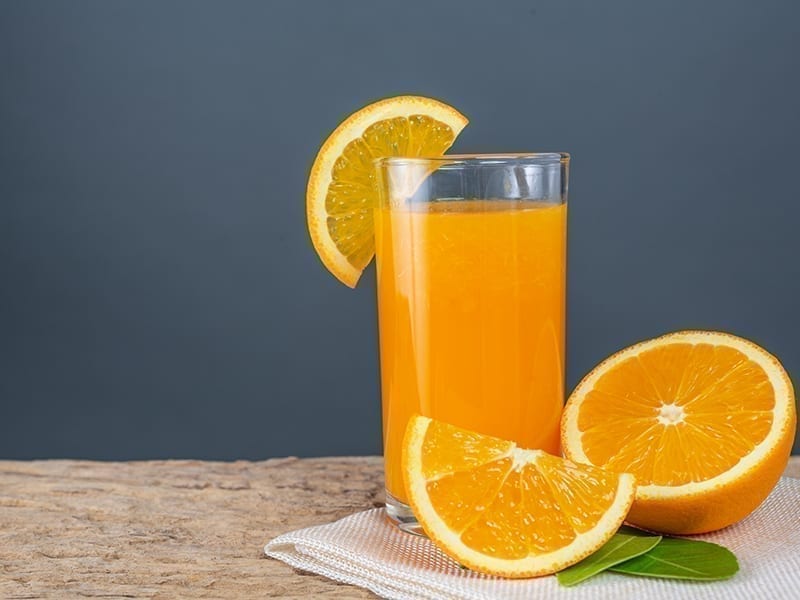
A complete diet for pregnant women must include a few healthy beverages. Including a glass of orange juice in your pregnancy diet chart can help in providing you and your baby with several essential nutrients that will keep you healthy and prevent various birth defects. This healthy and delicious drink is a good source of Vitamin C potassium and folate.
The vitamin C in OJ will help boost your body’s ability to absorb iron and is good for you and your baby’s teeth and bones health. Folate aids in preventing various birth defects during the early pregnancy phase and makes sure you have a healthy journey after that. Potassium is good for metabolism, muscle function and overall health!
6. Nuts
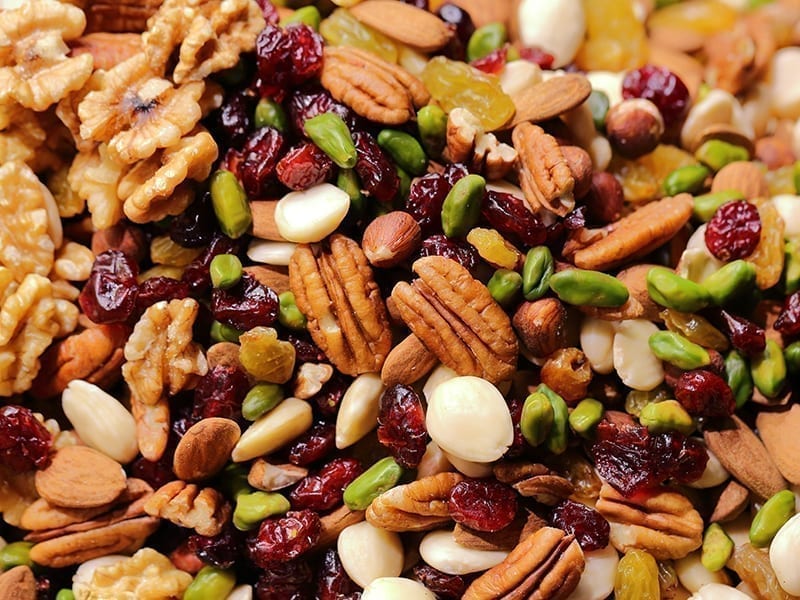
This delicious and crunchy snack comes with the goodness of healthy fats (including brain-boosting omega-3s), fibre, protein and several minerals and vitamins.
Consuming magnesium-rich food items during pregnancy can help in the development of the nervous system of the baby as well as in lowering the risk of premature labour. Munching on nuts will help you meet your daily magnesium intake.
Nuts like almonds and pistachios are among the best foods to eat during pregnancy and can help you curb your mid-meal hunger cravings in a healthy way!
7. Green Vegetables
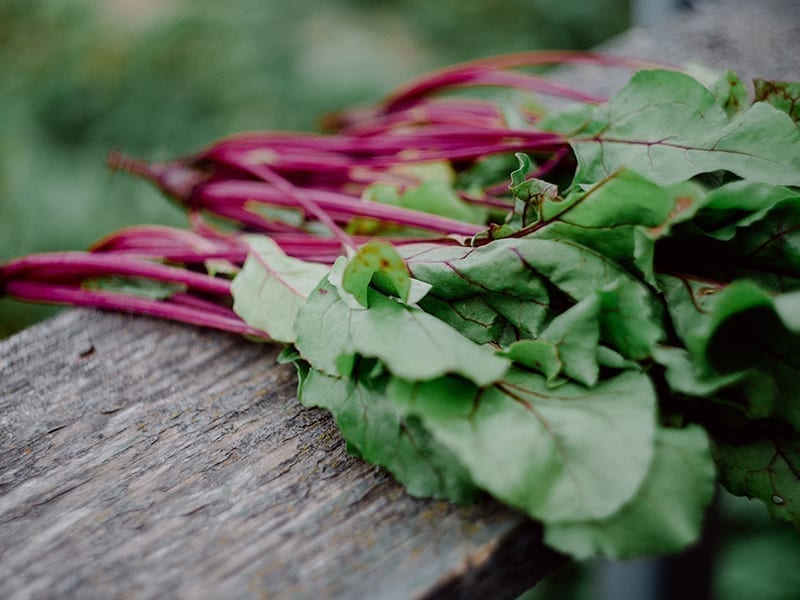
A healthy diet for pregnant women must include a fair share of nutrition laden green vegetables.
Green vegetables such as asparagus, spinach and broccoli are packed with antioxidants and nutrients. These are a great source of potassium, vitamins, protein, folate and calcium, making them essential for a healthy and wholesome diet.
The plant compounds found in these vegetables are good for the immune system and digestion. The high fibre content in these vegetables can help in preventing constipation, which is a common issue in pregnant women.
Moreover, including green, leafy vegetables in your pregnancy diet chart has been linked to a lower risk of low birth weight.
8. Yoghurt/Curd (Dahi)
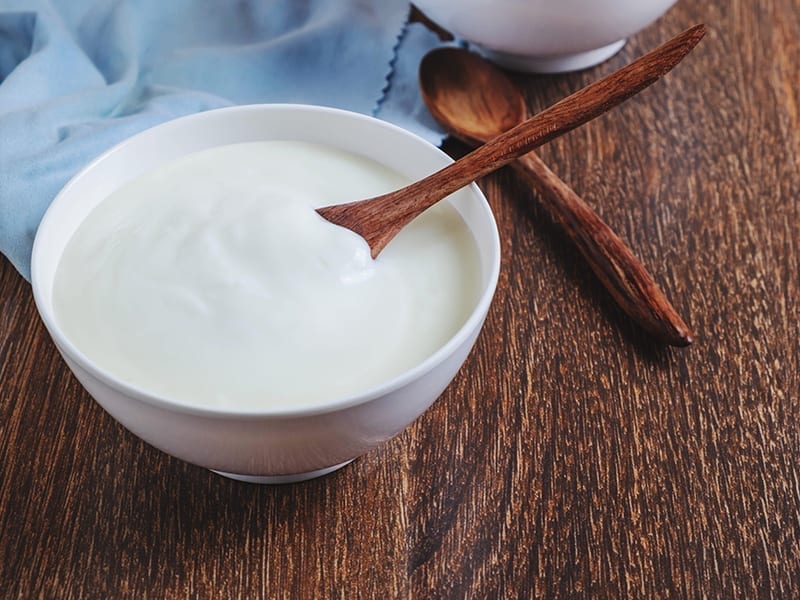
Dairy items are among the top foods to eat during pregnancy. Include dahi in your pregnancy diet to meet the increased calcium and protein needs of your body.
Expectant moms require about 1,000 mg of calcium per day. This key nutrient is essential for the health of your bones and teeth as well as ensuring your fetus develops healthy bones and teeth. Adequate calcium intake also brings down the risk of preterm delivery and low birth weight. Dahi also contains zinc and B vitamins.
If you do not like the taste of plain dahi, add some honey or fruits to make a tasty and healthy delight!
9. Oatmeal

Oatmeal is one of the most popular choices when it comes to food for pregnant women. It is very healthy, easy to make and can be a treat for your taste buds!
Why is oatmeal a great breakfast option during pregnancy? For one, it is a good source of carbohydrates and can supply you with instant energy to go about your day. Other than this, oatmeal also contains other fibre, calcium, selenium and phosphorus.
Oats packed with vitamin B6 and protein that are required for the development of your baby.
10. Legumes

Wondering what to eat during pregnancy to stay healthy and strong? Legumes are a great option to help you meet your nutritional requirements!
Legumes like peas, beans, lentils, chickpeas, peanuts and soybeans are packed with plant-based fibre, calcium, protein, iron and folate. All of these nutrients are important for pregnant women. For instance, Folate (B9) is of utmost importance for your health as well as your baby’s, especially during the first trimester. It can help in reducing the risk of various birth defects and protect your baby from infections and diseases later in life.
Some varieties of legumes are also high in potassium, magnesium and iron.
11. Avocados

This fruity delight is highly recommended pregnancy food for moms-to-be owing to its high nutrition value. Other than being packed with monounsaturated fatty acids, avocados also contain folate, fibre, vitamins (K, E and C), copper and potassium. While healthy fats support the development of the skin, tissues and brain of the fetus, potassium is known to be useful for relieving leg cramps (a common problem during pregnancy). All this makes Avocados one of the healthiest fruits to eat during pregnancy.
12. Salmon

Salmon contains a good amount of omega-3 fatty acids, making it a healthy food for pregnant women. It is also a great natural source of Vitamin D. While omega-3 fatty acids are known to be good for heart health, Vitamin D is vital for immunity and bone health.
Sufficient amount of Omega-3 fatty acids, especially DHA and EPA, is quite essential for pregnant women as it is good for the brain and eye development of the fetus.
Another reason why moms-to-be must include this widely popular pregnancy food in their diet is that Salmon also contains a good amount of lean protein. Although Salmon has low mercury content, it is advisable to limit your intake to two to three servings (of 4 ounces or less) per week to be on the safe side.
Each pregnancy journey is unique and different and there is no single answer to what to eat during pregnancy. Plan your pregnancy diet according to your taste, preferences and requirements. Happy motherhood!

